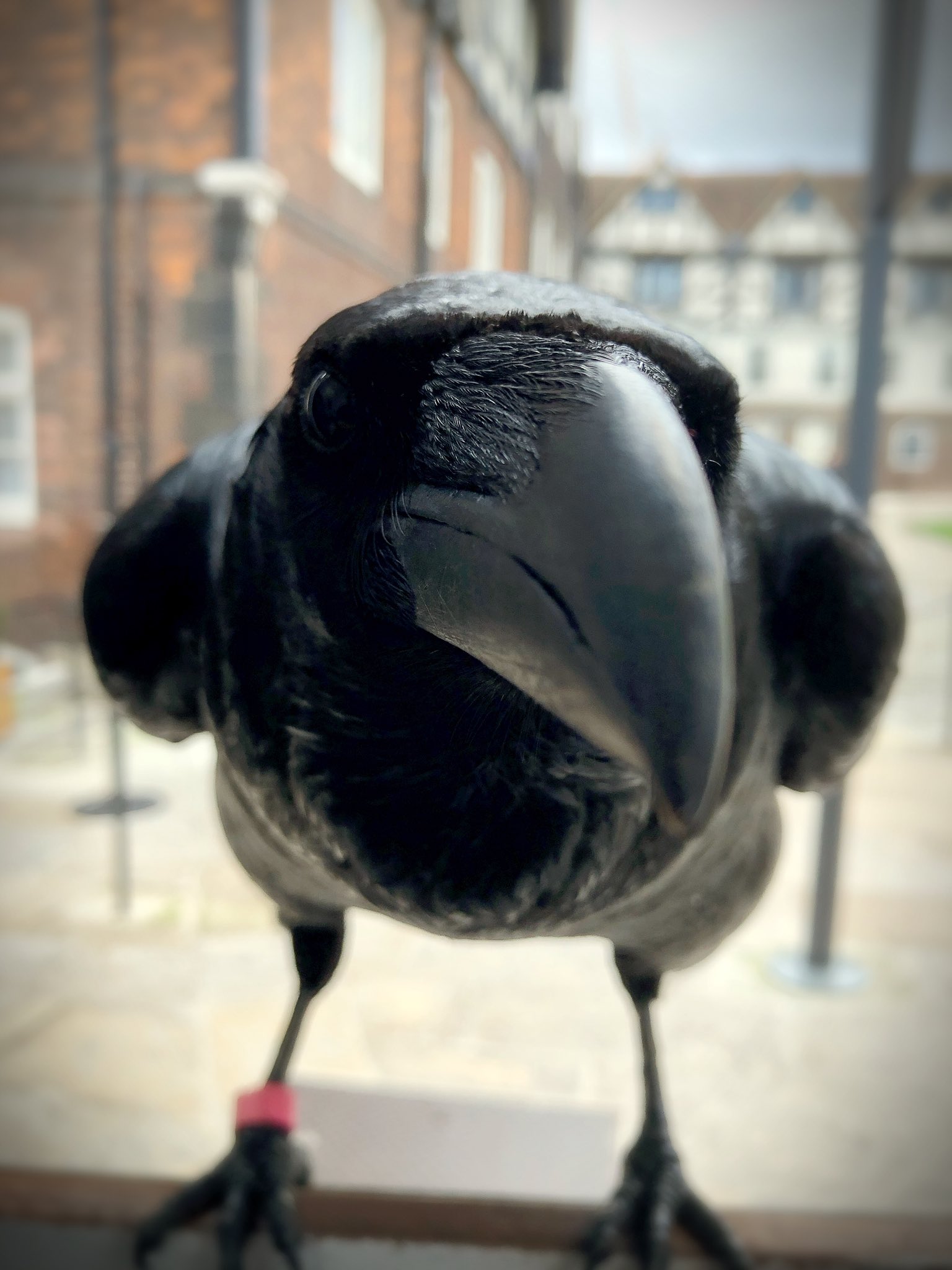Vox
J sez:
Hiya Scramblers.
It’s been a while. I’ve missed you.
It’s that wonderful time of year for a teacher. I’m in between semesters. I have no class… But you already knew that.
I’ve been a so-so reader since I last caught up with you. I’ve started a lot of books, but probably put more aside than I have finished.
But I want to tell you about the latest book that I enjoyed. Vox by Christina Dalcher.
It takes place in the very near future. A Trump-like government is in power. The regime has taken measures to silence women. Females are dismissed of their wage-earning positions. Passports are confiscated, for those that hold them, and not available for those applying. Women are issued counters to wear on their wrists. The counters count their words: they are allowed 100 per day, unless they curse. A curse word costs them 10 words. They are not allowed to use sign language, read, or write. They can watch the news: a Fox News-like program with a constant feed of pro-government propaganda. Young girls get counters too. Their consolation – they get to pick the color. They can continue to go to school, where they are offered classes in cooking, sewing, and household management.
The rest of the world looks on, heads shaking in disgrace, but no country stepping in for fear of disrupting the already fragile balance of the world economy.
How did this happen? Not to blame the victims, but half of the voters, women, did not see it coming. They underestimated ultra-conservative’s fear and contempt for women’s reproductive power. They overestimated the morality of the men they thought held them equal.
And they sorely underestimated the power of their own vote. They didn’t have time to canvas, to engage people in “women’s causes.” They didn’t see things ever really changing from the status quo, so what good was it to talk and talk and talk about it?
Dr. Jean McClellan is one of the many women silenced. She is a neuro-linguist who, with her federally-funded research team, had discovered an antidote to Wernicke’s Aphasia right before being dismissed of her government research position and being issued a counter.
[J’s blog note and a speech language pathology primer: Aphasia is a term for the loss of language following a brain injury – most commonly an ischemic stroke occurring in the brain’s left hemisphere. Generally, 80-90% of the human population’s language centers are in the left hemisphere. Wernicke’s aphasia is characterized as poor comprehension and a confused meaningless output of words. Damage specifically in the posterior temporal lobe results in Wernicke’s aphasia, named so for the scientist who discovered that particular neural real estate. ]
Jean’s husband is a high-end government official with ties to the president. They have four children. Three boys, the oldest of whom has slowly been falling into line under the current doctrine. Jean is beginning to hate him. Twin boys, oblivious now, but probably following their older brother’s lead. And a young daughter who, heartbreaking to Jean, is beginning to win awards in her kindergarten class for fewest words used during the day. A prisoner in her own home, subservient to her husband and sons, Jean yearns to take her daughter and run away.
But one day, the president’s brother is afflicted with Wernicke’s aphasia and Dr. Jean McClellan, the researcher with the solution, is called back to duty with the the promised allowance of all the words she needs while she refines her antidote.
As you can imagine, Jean negotiates for more words, plus her daughter’s words, and much more. And the race is on.
This is a good one, Scramblers. A Handmaid’s Tale for the Trump era. A modern-day horror-story.

